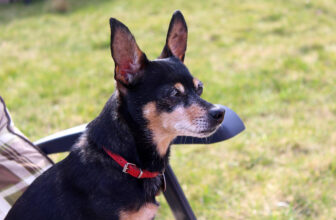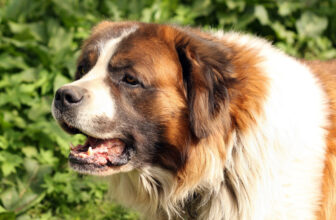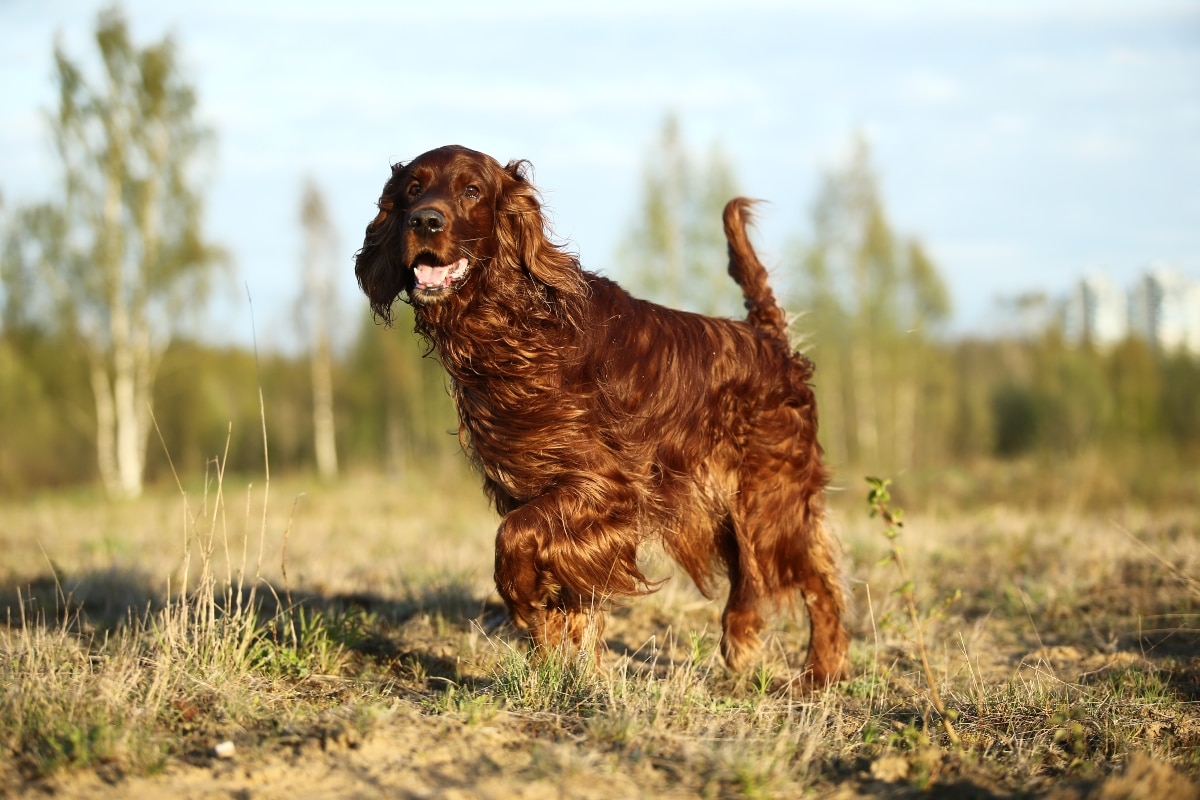
Check out our latest products
Shutterstock
While all dogs deserve love and care, certain breeds are more likely to develop hereditary health problems due to genetics and selective breeding. These conditions can range from joint issues to heart disease, vision problems, and respiratory challenges. Understanding which breeds are prone to specific health risks can help owners take preventive steps, provide early treatment, and ensure their dogs live the healthiest lives possible. Knowledge is power, and knowing what to watch for means you can work with your vet to keep your furry friend happy and thriving.
Bulldog
 Shutterstock
Shutterstock
Bulldogs are prone to brachycephalic syndrome due to their short snouts, which can lead to breathing difficulties. Their unique body structure also makes them susceptible to hip dysplasia and skin infections in their folds. Owners need to pay close attention to exercise in hot weather and maintain good skin hygiene.
German Shepherd
 Shutterstock
Shutterstock
German Shepherds are highly prone to hip and elbow dysplasia, conditions that can cause discomfort and mobility issues. They may also face degenerative myelopathy, a progressive spinal disease. Maintaining a healthy weight and providing joint support can help reduce strain.
Cocker Spaniel
 Shutterstock
Shutterstock
Cocker Spaniels are known to suffer from ear infections due to their long, floppy ears. They can also inherit eye problems like cataracts and progressive retinal atrophy. Regular ear cleaning and eye checkups are essential for prevention.
Dachshund
 Shutterstock
Shutterstock
Dachshunds’ long backs make them prone to intervertebral disc disease, which can lead to spinal issues and even paralysis. Avoiding excessive jumping and maintaining a healthy weight can help protect their spines.
Boxer
 Shutterstock
Shutterstock
Boxers are at higher risk for heart conditions like cardiomyopathy, as well as certain cancers. Their playful energy can sometimes mask underlying health issues, so routine vet visits are crucial.
Pug
 Shutterstock
Shutterstock
Pugs often experience breathing difficulties due to their short noses and compact skulls. They’re also prone to eye injuries because their eyes protrude slightly. Owners should monitor for overheating and protect their vision.
Great Dane
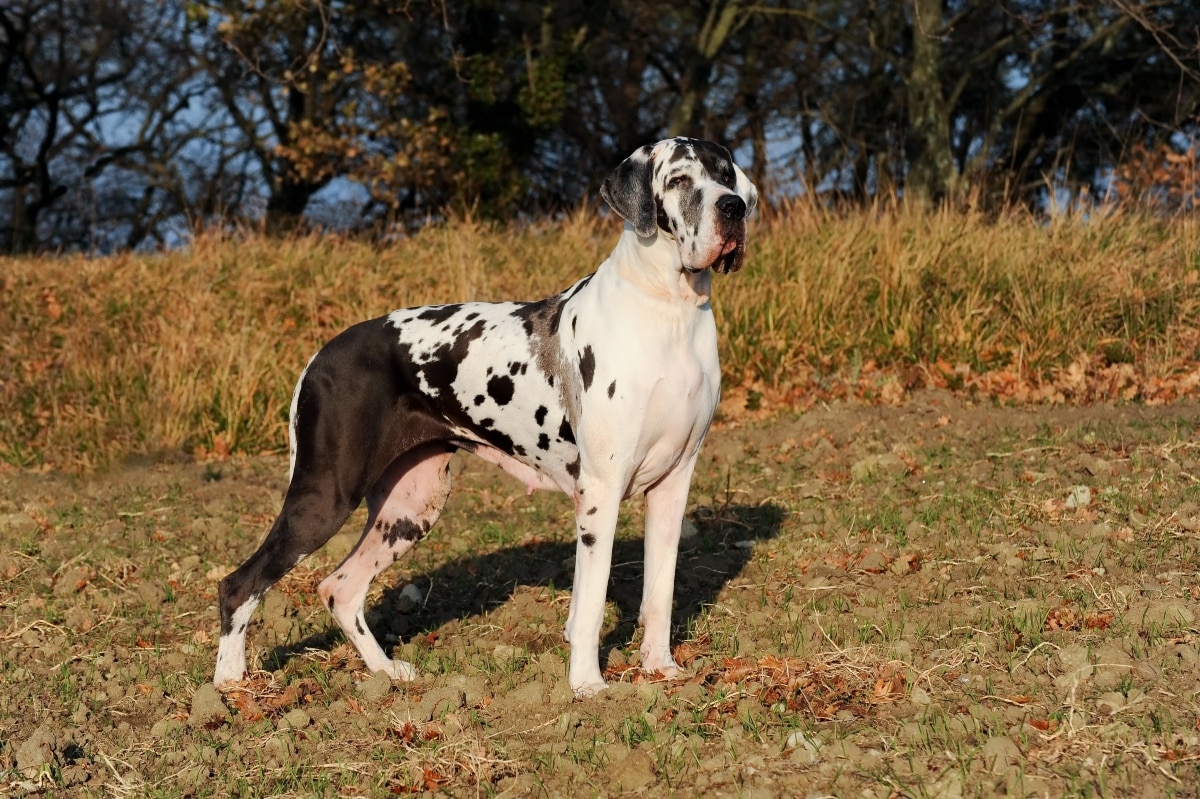 Shutterstock
Shutterstock
Great Danes are vulnerable to bloat, a dangerous condition that requires immediate veterinary attention. Their size also puts them at risk for joint problems and heart disease. Regular health monitoring is essential for this gentle giant.
Golden Retriever
 Shutterstock
Shutterstock
Golden Retrievers have a higher chance of developing cancer, particularly lymphoma and hemangiosarcoma. They can also experience hip dysplasia and skin allergies. Routine screenings can help catch issues early.
Shih Tzu
 Shutterstock
Shutterstock
Shih Tzus may experience eye problems such as cataracts and dry eye, as well as breathing issues from their short muzzles. Their dental health also requires regular attention.
Rottweiler
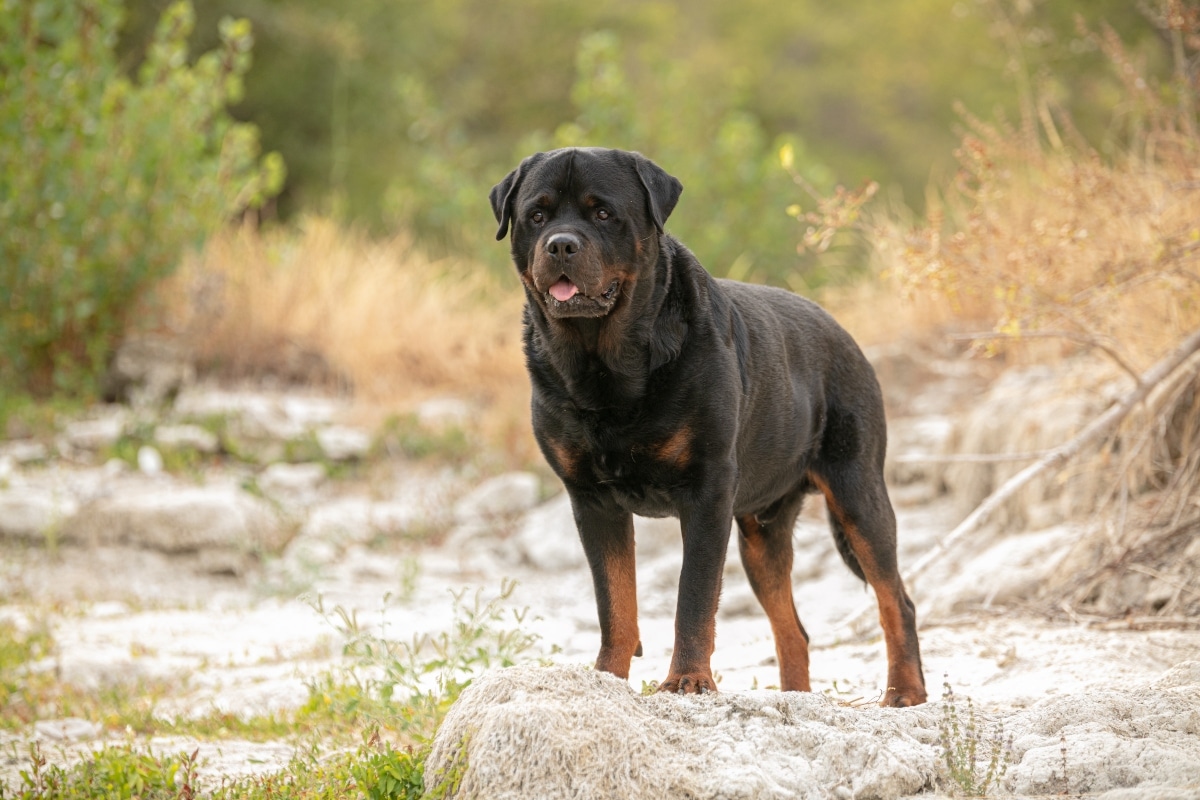 Shutterstock
Shutterstock
Rottweilers are prone to joint problems like hip and elbow dysplasia and may develop heart conditions. Their strong frames require careful weight management to reduce strain on their joints.
Irish Setter
 Shutterstock
Shutterstock
Irish Setters are more likely to develop bloat and certain genetic eye conditions. Their active nature makes joint health important to monitor, especially as they age.
The Vet Knows Best
 Shutterstock
Shutterstock
Knowing your dog’s breed-specific health risks isn’t about constant worry, it’s about being prepared. With regular vet checkups, early symptom awareness, and a few lifestyle adjustments, you can greatly improve your dog’s chances for a long, healthy life. A proactive approach helps you stay ahead of potential issues while ensuring your dog feels their best. Prevention, care, and love work together to keep your furry friend thriving, their tail wagging, and your bond growing stronger through every happy and healthy year you share.








![[5G & 2.4G] 2K Indoor Security Camera for Home Security, AI Voice Change for 2-Way Talk, Motion Detection, Night Vision, 24/7 SD Recording/Cloud Storage, WiFi Home Camera, Pet Cam with Phone App](https://i3.wp.com/m.media-amazon.com/images/I/61I2U+sTT3L._AC_SL1500_.jpg?w=300&resize=300,300&ssl=1)




